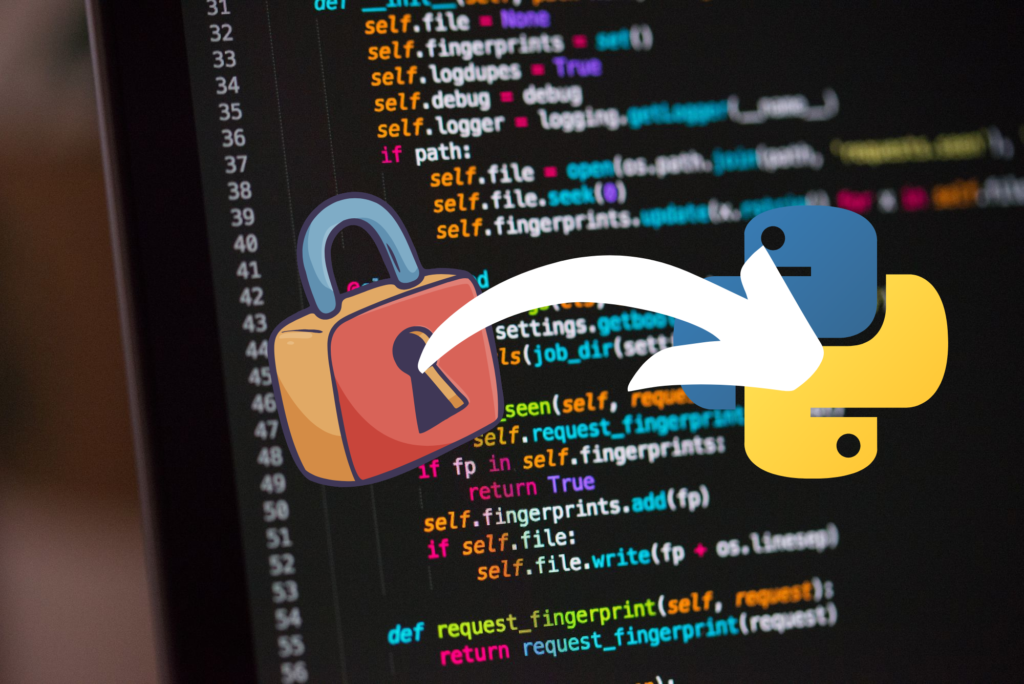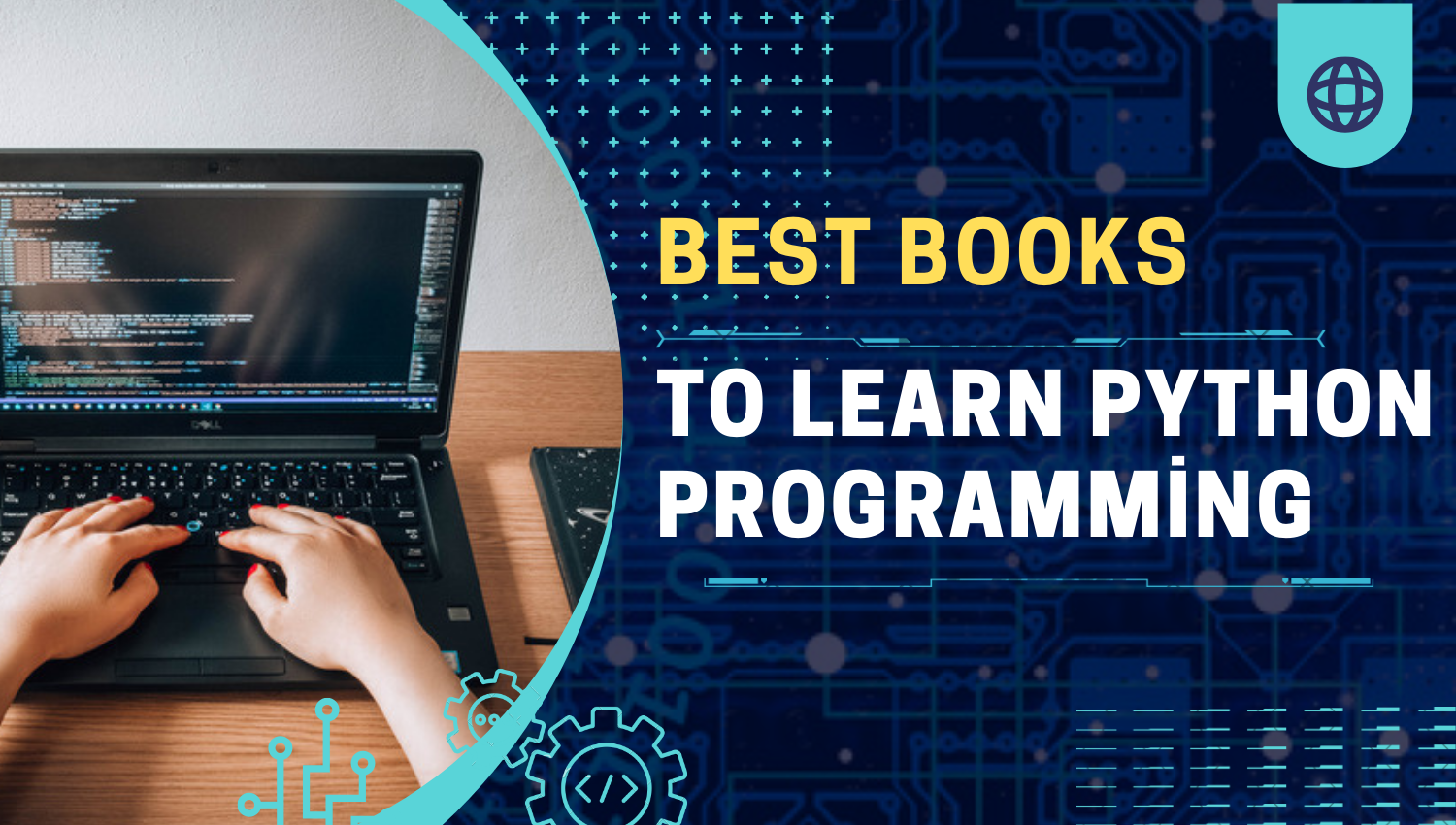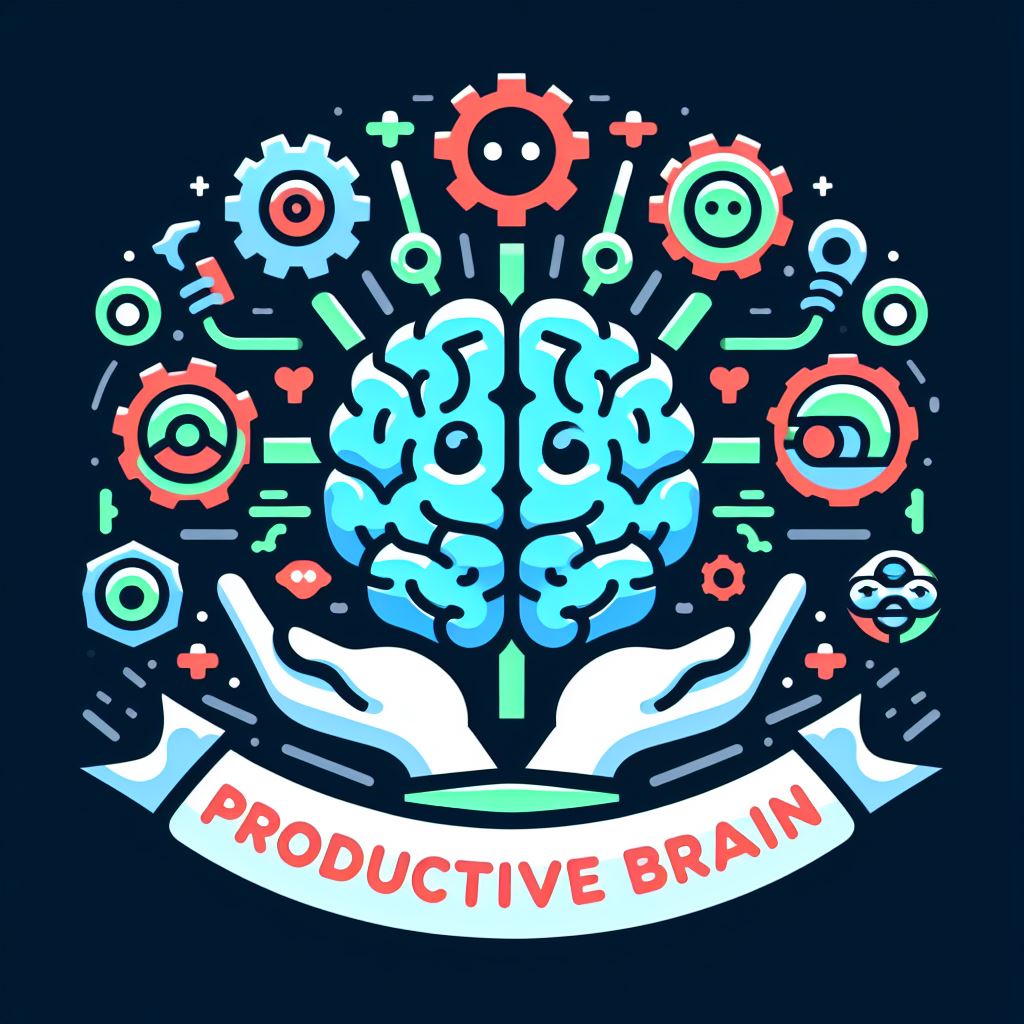Introduction
Python is a programming language that has rapidly gained popularity in recent years and is known for being easy to learn. With its simple and readable syntax, Python is used in various areas of software development. The large Python community, extensive libraries, and versatility make it an ideal language for both beginners and experienced developers. In this article, we will explore the best books for those who want to learn Python.
Why is Python Popular?
Python’s simple and readable syntax makes it one of the easiest programming languages to learn. It offers an approachable entry point for beginners while providing powerful tools for experienced developers. Python’s extensive standard library and numerous third-party libraries support a wide range of applications, from web development to data science and beyond. Additionally, Python’s large and supportive community ensures that resources, tutorials, and forums are readily available for learners.(Python in 30 days)
Applications of Python
Python offers flexibility and a variety of opportunities across multiple domains:
- Data Analysis and Science: With powerful libraries such as pandas and numpy, Python is an excellent choice for data analysis and scientific computing.
- Machine Learning and Artificial Intelligence: Python is widely used in machine learning and AI projects, supported by robust libraries like scikit-learn, TensorFlow, and PyTorch.
- Web Development: Frameworks such as Django and Flask make Python a strong contender in web development projects.
- Game Development: Libraries like Pygame allow developers to create games with Python, offering a fun and interactive learning experience.
- Automation and Scripting: Python’s clear syntax and versatility make it a popular choice for system automation and scripting tasks.
- Internet of Things (IoT): Python’s ease of use and compatibility with various hardware platforms make it a suitable option for developing IoT applications.
Sample Code
Here is example Python program that calculates the factorial of a given number using a class:
class FactorialCalculator:
def __init__(self, number):
self.number = number
def calculate_factorial(self):
return self._factorial(self.number)
def _factorial(self, n):
if n == 0 or n == 1:
return 1
else:
return n * self._factorial(n - 1)
number = int(input("Enter a number to calculate its factorial: "))
calculator = FactorialCalculator(number)
result = calculator.calculate_factorial()
print(f"{number}! = {result}")In this program, a class FactorialCalculator is defined with an __init__ method to initialize the object with the given number. The method calculate_factorial() calculates the factorial using a private helper method _factorial(). The class-based approach can make the code more structured and modular.

Our Top Book Picks for You
Here are the books we recommend for anyone looking to learn Python:
- Python Crash Course: Written by Eric Matthes, this book provides a fast-paced, hands-on approach to learning Python. It includes projects such as games and web apps to solidify your understanding of the language.
- Head-First Python, 3nd edition: Paul Barry’s book offers an engaging and interactive learning experience. Its unique visual style and engaging exercises make it a fun read for those who enjoy a more informal learning approach.
- Invent Your Own Computer Games with Python, 4th edition: Al Sweigart’s book is perfect for aspiring game developers. It teaches Python through the creation of games, making the learning process both enjoyable and practical.
- Think Python: How to Think Like a Computer Scientist, 2nd edition: Authored by Allen B. Downey, this book focuses on fundamental computer science concepts and Python programming. It’s a great resource for understanding programming logic and problem-solving.
- Effective Computation in Physics: Field Guide to Research with Python: Written by Anthony Scopatz and Kathryn D. Huff, this book serves as a guide for using Python effectively in physics research. It provides techniques and best practices for computational work in physics.
- Learn Python 3 the Hard Way: Zed A. Shaw’s book is an intensive introduction to Python 3. It uses a series of exercises to teach you Python step by step, providing a deep understanding of the language through practice.
Conclusion
Python is a versatile programming language with applications in various domains. The books we recommended in this article can help you learn Python at different levels and for different purposes. Depending on where you plan to use Python, these books offer excellent starting points for your learning journey.


